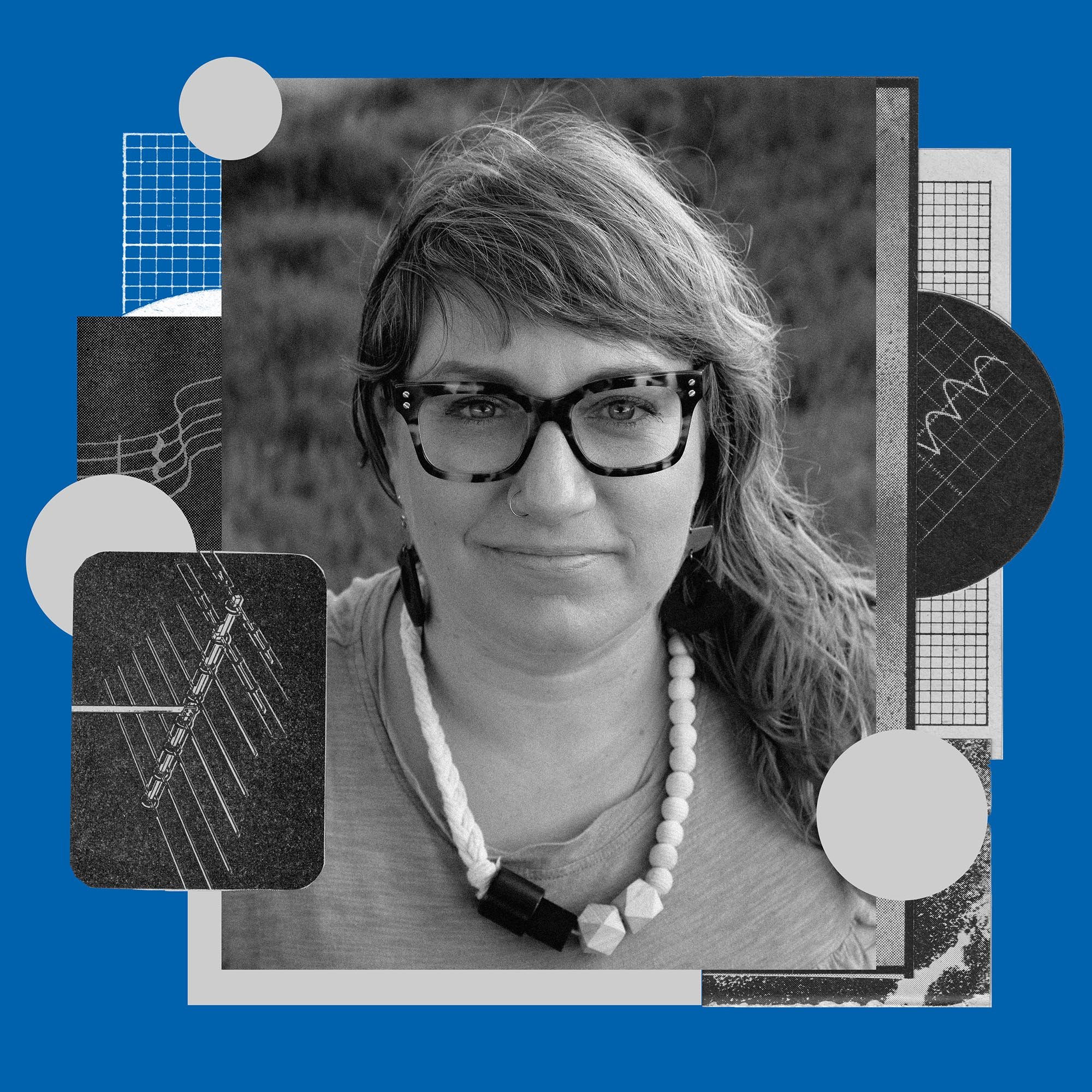We recently connected with Liz Charlotte Grant and have shared our conversation below.
Liz Charlotte, thanks for taking the time to share your stories with us today We’d love to hear about when you first realized that you wanted to pursue a creative path professionally.
I lived in Europe twice during my childhood (dreamy, I know!), and while there, my father prioritized taking us kids to culturally important sites. We toured cathedrals and art museums and antique fairs. In other words, my dad gave me a DIY education in art appreciating that has stayed with me throughout the rest of my life. And then I developed more particular interests within the arts–like, falling in love with Claude Monet’s water lillies because of a book about the impressionist painter my grandmother gave me (likely at my father’s suggestion). I also read whatever I wanted, despite growing up within an evangelical Christian context that often censored artistic experiences. But growing up, I rarely felt that censorship, and I’m convinced that experiencing that creative freedom from a very young age encouraged my curiosity and artistic gifts.
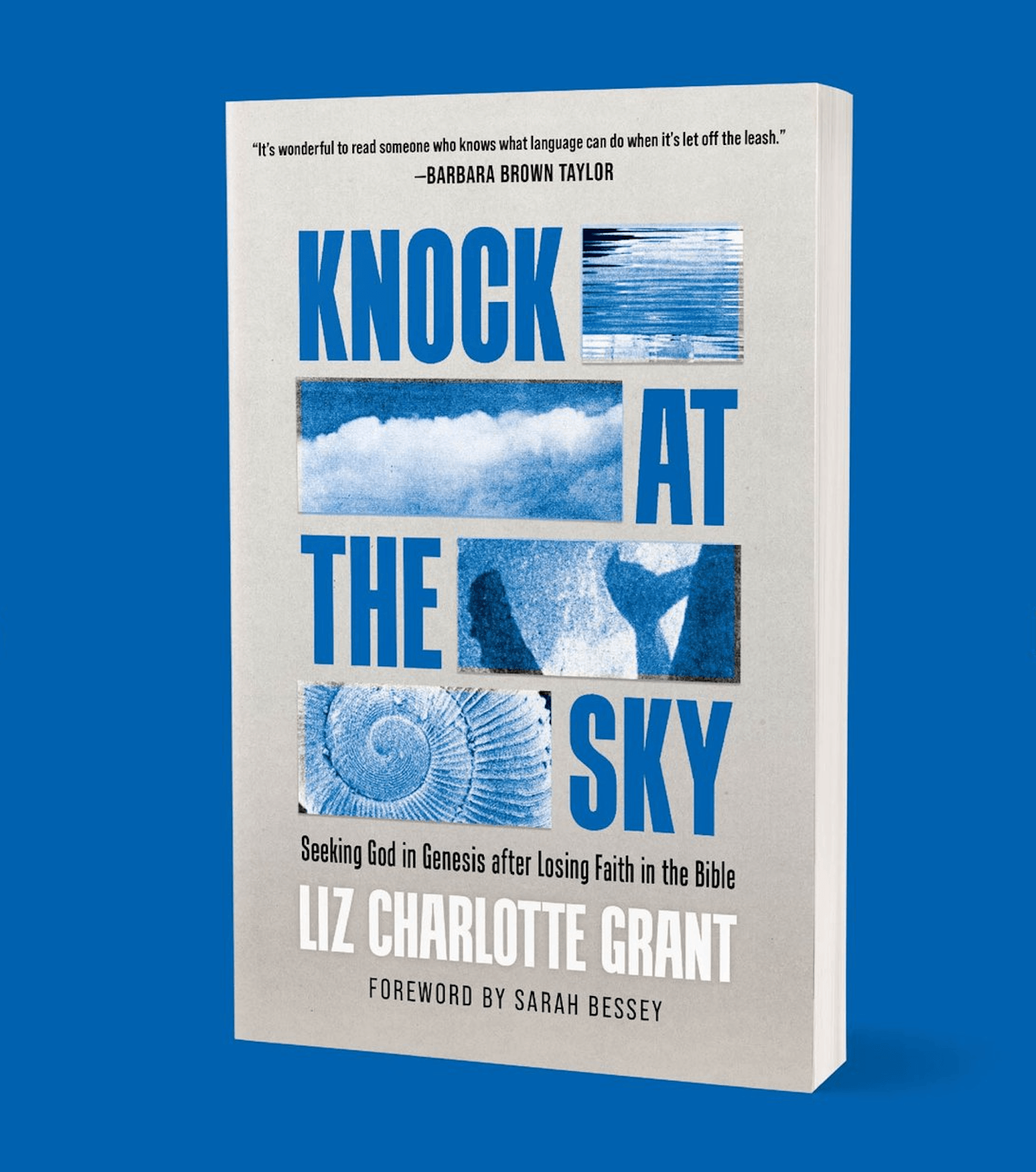
Awesome – so before we get into the rest of our questions, can you briefly introduce yourself to our readers.
I am a columnist at the Christian Century magazine, a progressive, independent religious publication that values good writing above metrics–which suits me well because I’m a generalist. I am an essayiste who has studied under the (distant) tutelage of Joan Didion, Annie Dillard, Anne Lamott, Cheryl Strayed, or Maggie Nelson. I write opinion editorials, features, political commentary, art criticism, science writing, and memoir. I have been publishing for twelve years, since the bottom of the first depression in 2008. That’s also when I graduated from college, which limited my job options to Starbucks or retail. I worked retail, and then in nonprofit communications and fundraising, and then in marketing, and finally, in publishing as an occasional book coach and I write a weekly substack (the Empathy List). I also recently released “A Creative Journey” podcast about the artistic process. But primarily, I’ve worked as a freelance writer in the mountain west.
This past year, I published my first book, a collection of origin stories called /Knock at the Sky: Seeking God in Genesis After Losing Faith in the Bible./ That book chronicled my changing relationship to the ancient text known as the Bible. I myself have a love-hate relationship with the book, as it’s so often used to harm rather than heal. I’m a former evangelical Christian who has walked away from the conservative, exclusionary faith I once knew and toward an inclusive, wide open spirituality. So I understand how talking about the Bible can feel radioactive.
But I became interested in how viewing the first book of the Bible, Genesis, could change its meaning, based on perspective. How did my relationship to the religious text change when I saw it as a book of origin stories, or a masterwork of ancestral wisdom passed across so many hands to reach us, or, simply, a work of art?
In between literary and rhetorical criticism of the ancient near eastern text of Genesis, I wove stories of other origins–such as the story of dark matter’s discovery, the stories of lightning strike survivors, the first man to record whale song, and the discovery of the Chauvet Cave drawings. Fundamentally, in a time like ours when culture and technology and politics shifts profoundly every few years, I found great comfort in returning to the beginnings.
I also wanted to counteract the harmful narrative that Christian nationalists tell about God and the Bible, directly contradicting the ways that so many use the Bible for their own ends, ignoring what’s actually written on the page. I answered the question, what if this book was used for healing and not hurting? What if this book was not a weapon, but a gift?
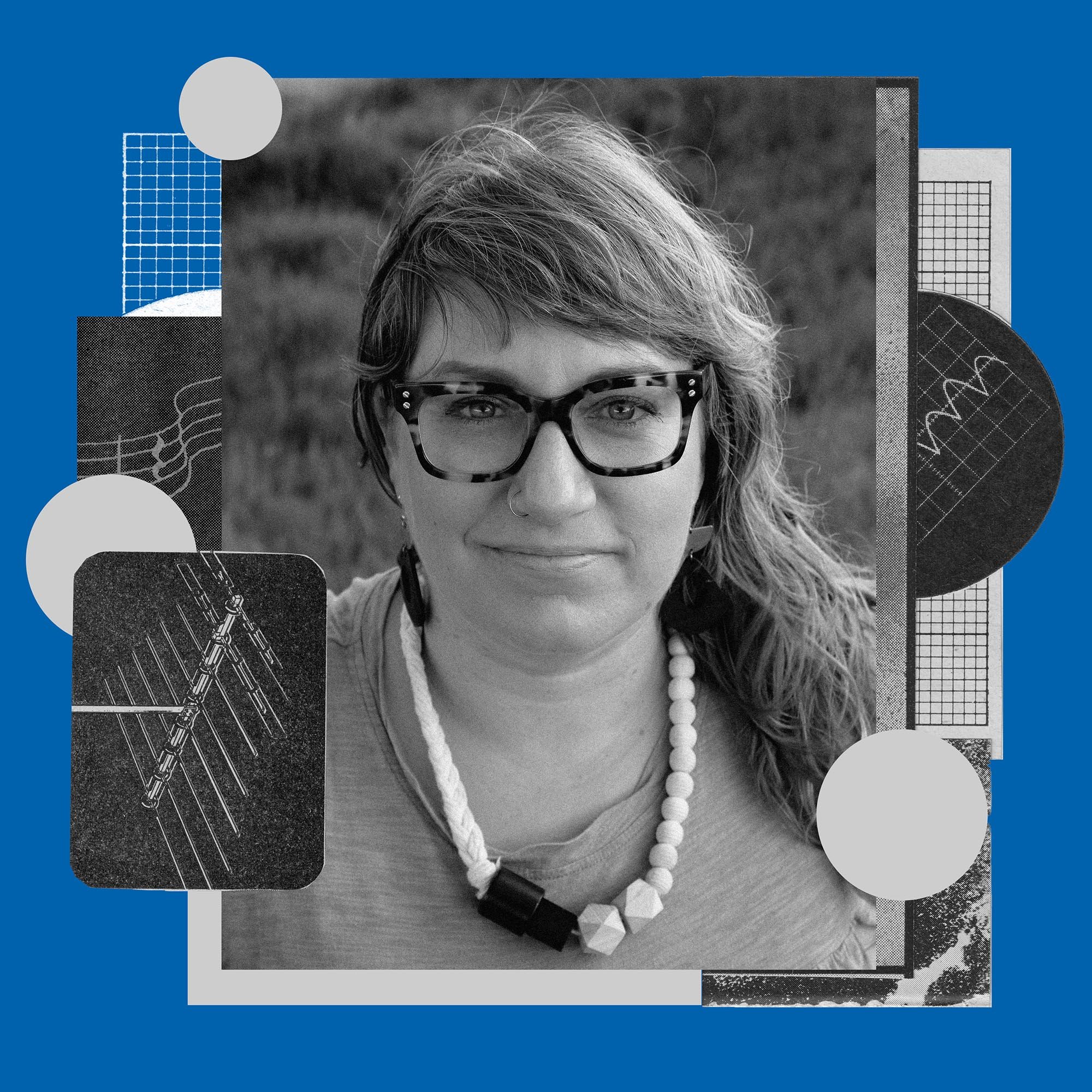
What can society do to ensure an environment that’s helpful to artists and creatives?
I live in the United States under a system of democratic capitalism that values fame, productivity, and money above all. We bestow value based, supposedly, on meritocracy and market saturation: whoever is the best rises to the top of the pile, and the best is what the market wants. For years, this capitalistic mindset skewed how I viewed my artistic practice. I felt impatience with my inexperience. I felt frustrated that my skill did not match my taste. I felt rejected as a person when my writing did not end in publication. I felt I mattered less than other contributing members of my society, since I could not make a full-time living on my small writing paycheck. Why bother with writing when it did not build into a 401(k)?
What I missed in my early writing days was the understanding that the the artistic journey is lifelong. The more I wrote, the better at writing I became. That did not mean easy success, and it has not resulted in wealth. But being a better writer did help me to get published more often! I learned that mastery develops slowly–for me, it’s meant nearly a decade of writing nearly every day of the week. When you consider artistry a journey rather than a product, you can develop patience with yourself as you learn and grow. Over years of practice, an artist hones their skill, refines voice, and develops the tools to do their own best work. But that may not happen for decades. Most writers you’ve heard of were never published until their forties and fifties.
Further, I have come to realize that the system in which I write does not necessarily reward the best writers. Sometimes, the best writers find their way to the top. But as has been the case in every society throughout the history of the world, being “discovered” is not a given. No matter how “good” you are, you may not ever receive the recognition you deserve. And yes, that sucks. But it does not mean the practice you develop in private doesn’t matter.
The fact is, making art does not have to become a living or a product. Living an artist life allows you to move slowly, deliberately, patiently, and kindly throughout your days. Making art creates the opportunity to live a contemplative, meditative life. Which is to say, the point of making art is NOT making money.
Personally, when I consider the type of ecosystem that would cultivate this type of making, I would say that the best art will come about when an artist does not have to practice their craft for money. When an artist is truly free to make, that’s when mastery of voice and style and ideas can lead. Out of that fallow ground would arise great art, the type of art that lasts beyond one generation (or a single day on social media timelines). I suppose I’m saying, I wish that art could exit the monied economy altogether! I know that’s unrealistic for many, but I do wish that every artist could experience the freedom of NOT having their grocery bill and their artistic practice tied together. It may sound like a dream from the outside looking in, but being beholden to others who offer the yay or nay to your work… that’s not always worth the trade-off.
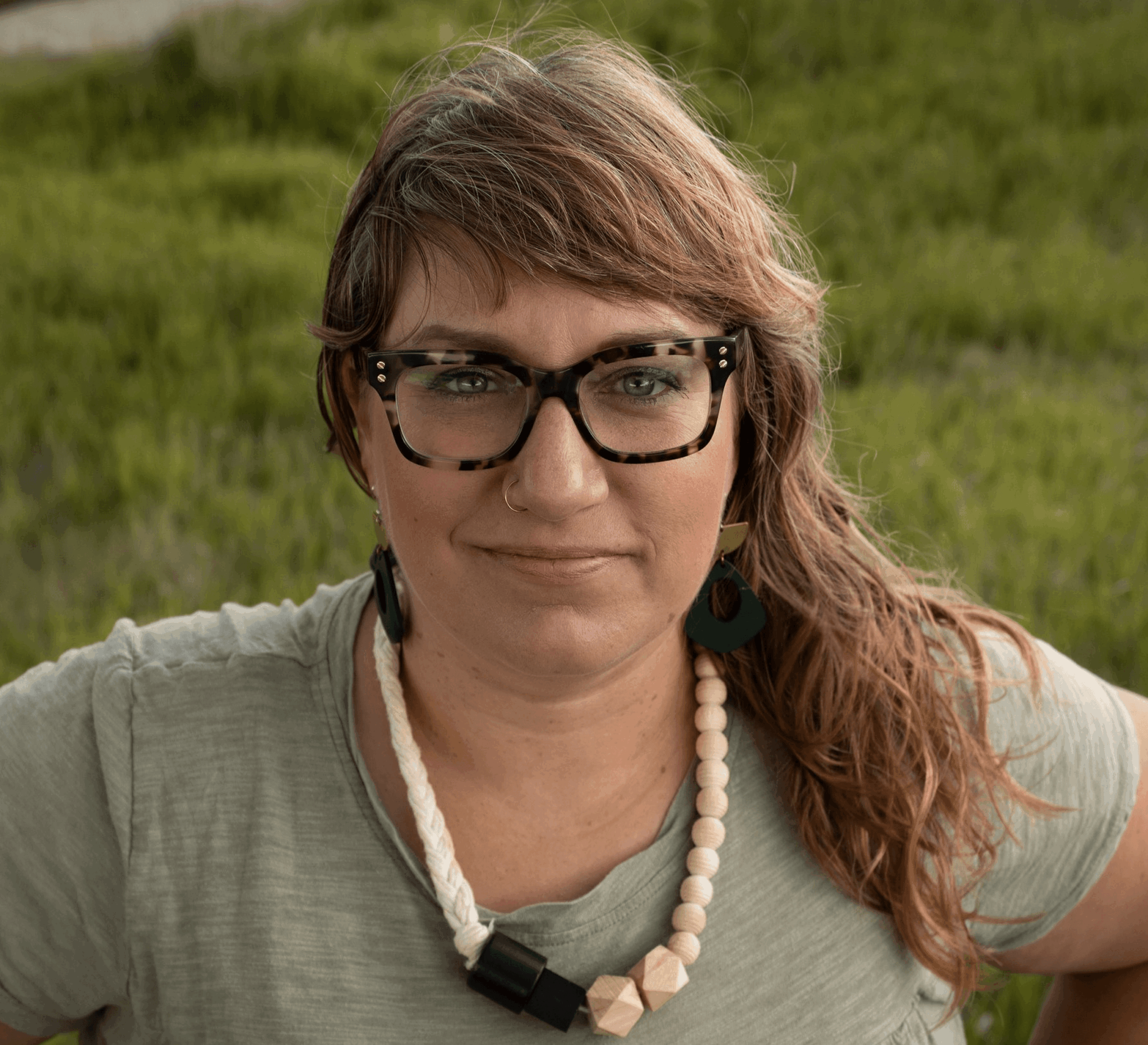
What’s a lesson you had to unlearn and what’s the backstory?
My commitment to craft has not always served my career in publishing. In fact, when it comes to the economic side of the equation–getting paid for my art–craft has little to do with it. Yes, I need to write well enough. But I found that the factor that led to greater opportunities was not primarily craft, but developing relationships. I began to attend writing conferences to befriend influential people in my industry. I have sought to do this as authentically as possible–as in, I became real-life friends with friends, editors, and publishers I’ve met online. I consider this “networking,” although many would call it that. Personally, I consider these folks friends and co-workers. Everyone who works in publishing has a similar goal: we want to develop a public that values reading, scholarship, and deep thinking. And we can meet that goal best in collaboration. And that requires me to be brave, hand out business cards (or in one case, a handmade zine/chapbook), and tell other people about the work that I do. That’s not a bad trade-off when you consider what it would take to make our society more literate and thoughtful.
Also, once I began to see publishing as separate from writing–particularly the part of my writing practice that I consider “art”–that freed me to consider other avenues of releasing my work. What other ways could I show up for an audience? That’s when I started my newsletter, the Empathy List (which has been recognized twice by the Webby Awards). Could I be more flexible in how I sought out and met with my readers? Each of us is multi-faceted. I have an entire aspect of my writing that will likely never show up in my more artful writing. What I write in my newsletter will likely never show up in my books. But writing more casually in a newsletter or on social media does cultivate deep connection with readers. My newsletter readers learn to trust me, and then they’re more likely to buy my book when it comes out, even if the book and the newsletter feature different flavors of my writing.
In that way, collaborating with co-workers in publishing and writing specifically to readers of my newsletter has allowed me to unlearn the idea of a solitary, visionary artist. Writing is a collaborative career that includes readers, editors, publishers, copy-editors, and fellow writers. None of it happens alone. And while I never want to give up the creative freedom that allows me to write truly artful words, I also have to be open to collaborate.
Contact Info:
- Website: https://ThEmpathyList.com
- Instagram: @LizCharlotteGrant
- Facebook: @LizCharlotteGrant
- Other: Threads: @LizCharlotteGrant
Spotify: “A Creative Journey” Podcast: https://open.spotify.com/show/3S8RmJv29CoUkKjNIzUtWe
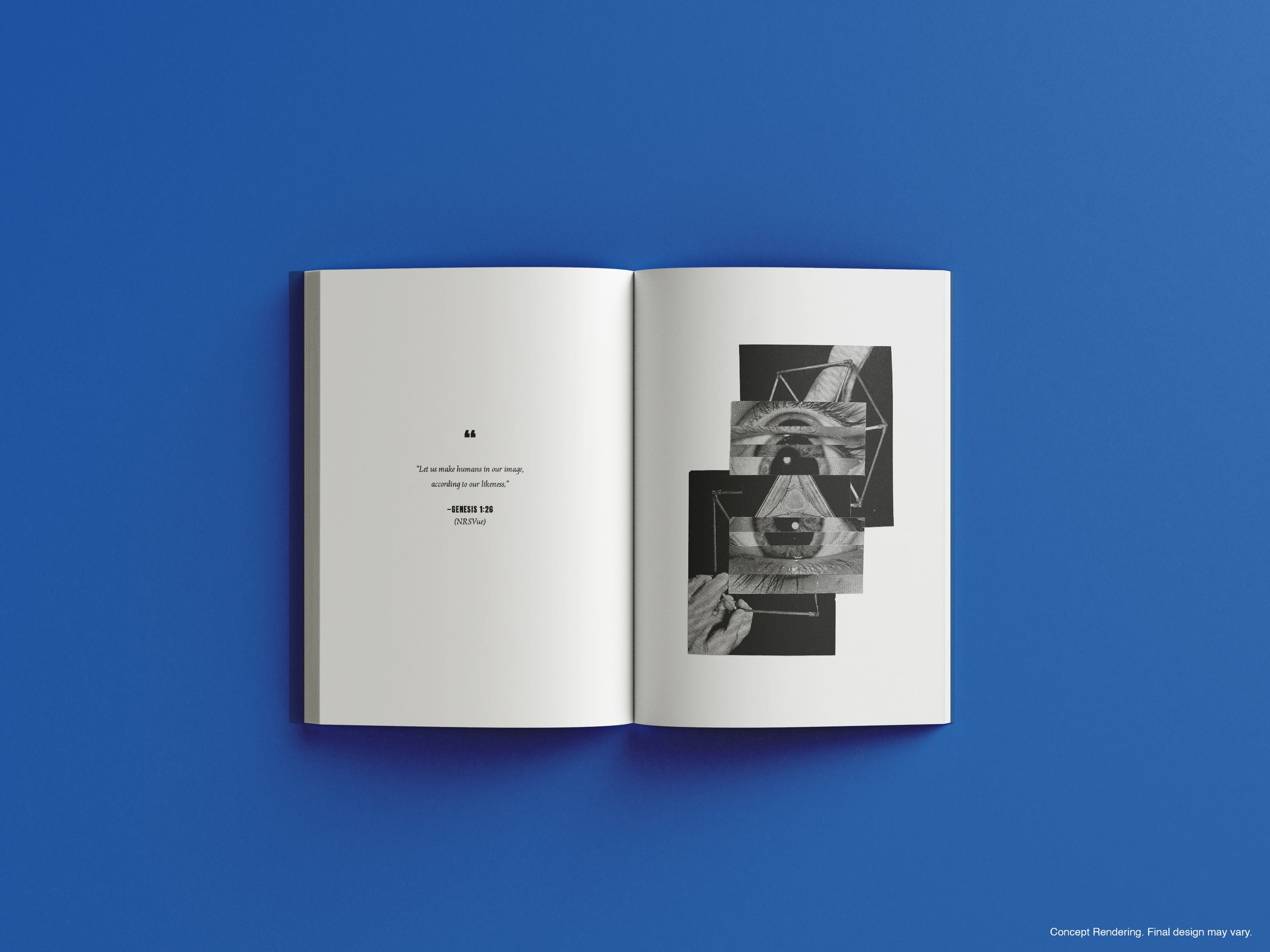
Image Credits
Photos and design by Jeremy Grant Creative.


